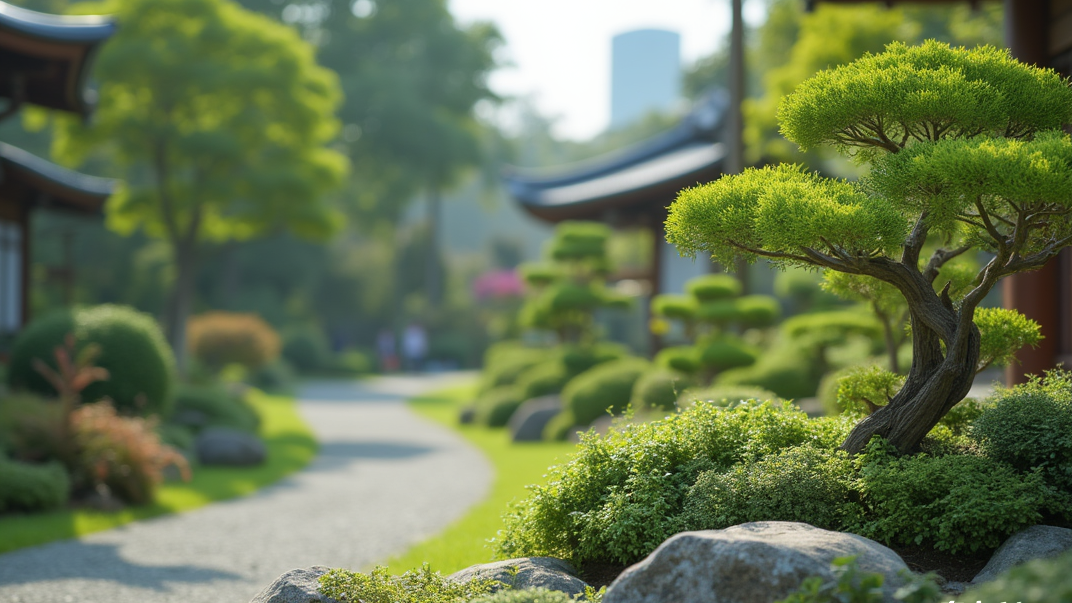In today’s fast-paced world, where stress and digital overload dominate daily life, more people are turning to their gardens as a refuge. The concept of a “healing garden”—a space designed to soothe the mind and reconnect us with nature—has gained traction, aligning perfectly with the global slow living movement. Whether it’s a sprawling backyard or a tiny balcony oasis, a thoughtfully designed outdoor space can become a powerful tool for mental and physical well-being.
Studies have shown that spending time in nature reduces cortisol levels, lowers blood pressure, and improves mood. The Japanese practice of Shinrin-yoku (forest bathing) underscores the therapeutic effects of immersing oneself in green spaces. A healing garden amplifies these benefits by integrating:
- Sensory plants (lavender for scent, rustling grasses for sound)
- Soft, natural materials (wood, stone, water features)
- Secluded nooks for meditation or reading
Example: A study by the University of Exeter found that people living near green spaces reported significantly less mental distress.
Transform your yard into a haven with these key elements:
A. Zen Zones: Minimalism Meets Nature
- Gravel gardens with raked patterns (inspired by Japanese karesansui)
- A single bench or swing under a tree for quiet contemplation
B. The Power of Edible Landscaping
- Herb spirals (thyme, rosemary) for fragrance and cooking
- A small vegetable patch to encourage mindful gardening
C. Water’s Calming Influence
- A tiny fountain or birdbath to mask urban noise
- A reflection pool to double the greenery visually
Healing gardens thrive on manual care—pruning, watering, and observing growth cycles—to foster patience and presence. Avoid synthetic lawns or robotic mowers; instead:
- Compost kitchen scraps to connect with the cycle of decay and renewal.
- Plant perennials (like echinacea or sage) that evolve with the seasons.
Quote: “A garden is a grand teacher. It teaches patience and careful watchfulness; it teaches industry and thrift; above all, it teaches trust.” — Gertrude Jekyll
- Brooklyn’s “Serenity Corner”: A once-abandoned lot turned into a community meditation garden with reclaimed wood seating.
- London’s “Skip Garden”: A mobile, sustainable oasis built in construction skips, proving healing spaces can thrive anywhere.
A healing garden isn’t about perfection—it’s about creating a space where time slows just enough to hear leaves rustle or bees hum. Start small: Plant one calming shrub, sit outside with your morning coffee, and let nature do the rest.






